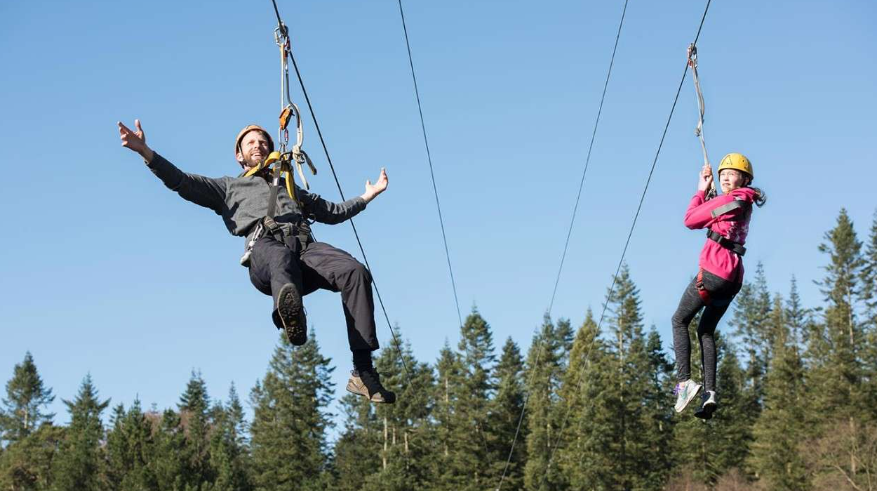Are you looking for ways to promote well-being and foster community engagement among individuals with disabilities? Centre activities offer a range of opportunities for social interaction, skill development, and recreational enjoyment. Let's delve into the significance of centre activities and how they contribute to enhancing the lives of participants.
What Are Centre Activities?
Centre activities, also known as day programs or day activities, refer to structured and purposeful programs designed to support individuals with disabilities in various aspects of their lives. These activities take place within community centres, disability service providers, or other designated facilities and cater to the diverse needs and interests of participants.
Benefits of Centre Activities:
- Social Inclusion: Centre activities provide a platform for individuals with disabilities to connect with peers, build friendships, and develop social skills. Engaging in group activities fosters a sense of belonging and community inclusion, reducing feelings of isolation and loneliness.
- Skill Development: Centre activities offer opportunities for participants to learn and develop new skills, both practical and recreational. These may include communication skills, vocational skills, artistic expression, and activities of daily living. Skill-building activities empower individuals with disabilities to enhance their independence and confidence.
- Physical and Mental Well-being: Participating in physical activities and recreational pursuits promotes physical fitness, mobility, and overall well-being. Centre activities may include exercise classes, sports, dance therapy, yoga, and relaxation techniques, contributing to improved physical health and mental resilience.
- Creative Expression: Many centre activities focus on creative expression through arts and crafts, music, drama, and other artistic mediums. Creative pursuits offer individuals with disabilities a means of self-expression, emotional outlet, and personal fulfillment. Artistic activities also encourage imagination, creativity, and problem-solving skills.
- Community Engagement: Centre activities often involve participation in community events, outings, and volunteer opportunities. Engaging with the broader community promotes social integration, civic participation, and a sense of contribution. Community engagement activities encourage individuals with disabilities to be active members of society and valued contributors to their communities.
Examples of Centre Activities:
- Art and Craft Workshops
- Cooking Classes
- Music Therapy Sessions
- Gardening Clubs
- Fitness and Exercise Programs
- Computer and Technology Classes
- Cultural and Recreational Outings
- Vocational Training and Employment Support
How to Access Centre Activities:
Individuals with disabilities can access centre activities through disability service providers, community centres, or specialized day programs. Service providers assess the needs and preferences of participants and tailor activities accordingly. Participants may access centre activities through government-funded programs such as the National Disability Insurance Scheme (NDIS) or other funding sources.
Conclusion:
Centre activities play a vital role in promoting the well-being, independence, and social inclusion of individuals with disabilities. By offering a diverse range of activities and opportunities for engagement, centre programs empower participants to lead fulfilling lives and contribute to their communities. If you're interested in exploring centre activities for yourself or a loved one, contact Reignite Support today to learn more about our programs and services.





Comments